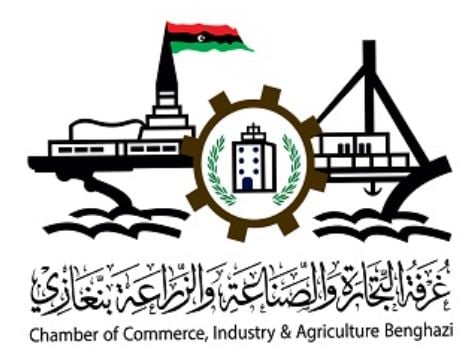The Micro, Small and Medium Enterprises Support Unit at the Central Bank of Libya, in cooperation with the Islamic Development Bank, held a workshop on 24 August on activating the interconnection between institutions specialized in small and medium enterprises, and developing a mechanism for the sequence of their work in supporting SME financing applicants.
The workshop included officials from the Banking and Monetary Control Department of the Central Bank of Libya, the representative of the Islamic Development Bank in Libya, the representative of the Islamic Development Bank in the regional office in Morocco, and with the participation of Jumhuriya Bank, Al-Wahda Bank, the North African Bank, and the National Programme for Small Enterprises at the Ministry of Economy and Trade, the Credit Guarantee Fund, the Financial Facilities Fund, the Libyan Stock Market, and the Libyan Business Council.
Commenting on the meeting, the Director of the Funding Follow-up and Technical Support Department of the National Programme, Ali Al-Gisa, told Libya Herald, “The meeting held with the Central Bank of Libya, the Islamic Development Bank, Libyan banks, and local supporting, donor, and guarantor bodies, comes in order to establish a mechanism for the sequence of its work in supporting applicants for financing from the owners of pioneering projects and creative ideas that have received the necessary training and economic feasibility studies, and have now completed the procedures, and all that remains is for them is to obtain the required financing in order to actually begin work and engage in competition in the market.
Numerous pre-trained and qualified SMEs awaiting financing
Al-Gisa pointed to the readiness of many SMEs in the National Programme for Small and Medium Enterprises to obtain financing, which they previously faced with several difficulties, which were discussed with the financing, donor and guarantor bodies during this meeting.
Moroccan experience reviewed
The meeting, he revealed, focused on classification mechanisms, expected risks, data analysis, guarantees and financing methods, with a presentation of successful experiences, including the experience of Morocco in financing SMEs and the lessons learned from them, with a presentation on the required information systems.
All stakeholders convinced of need to accelerate SME financing
Al-Gisa emphasised the complete conviction rooted in the Central Bank of Libya and its Governor, along with international financing bodies such as the Islamic Development Bank, Libyan banks, and financing guarantee funds, of the necessity of accelerating the financing of pre-qualified and trained SMEs. These, he added, will provide a real addition to the Libyan economy and contribute to diversifying sources of income and reducing the size of unemployment and contribute to the reduction in the volume of government spending and reliance on the public sector, which suffers from significant job overcrowding.
Finally, Al-Gisa stressed that future meetings will be held under the auspices of the Central Bank of Libya to develop financing mechanisms through financing agencies and to set priority for projects applying to obtain it, with a fair distribution of funded projects in all Libyan cities, while the National Programme for Small and Medium Enterprises continues its training programmes for project owners in all of Libya.










